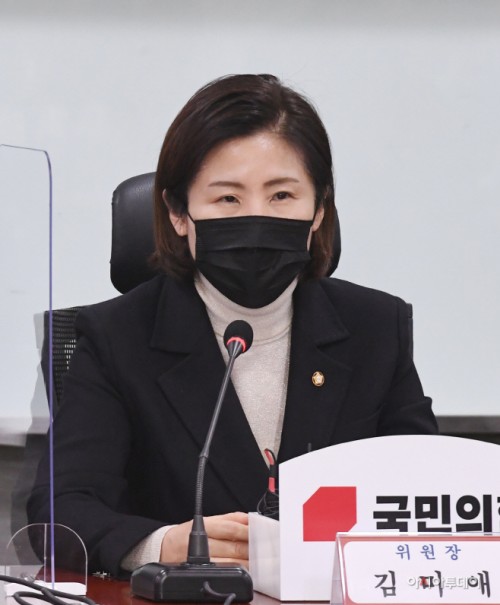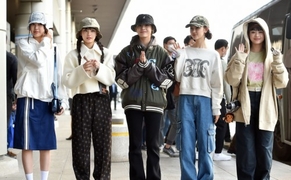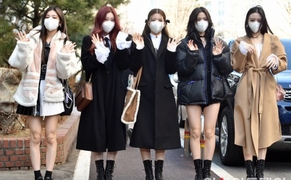 |
| People Power Party (PPP) lawmaker Kim Mi-ae/ Photographed by Lee Byung-hwa (photolbh@) |
AsiaToday reporter Jo Jae-hak
Amid growing public concerns over Japan’s decision to release the radioactive water from its Fukushima nuclear power plant into the ocean, it has been revealed that the South Korean government missed the opportunity to publicize the issue to the international community. It has been confirmed that the government did not request to bring up the agenda involving Japan’s management of the Fukushima waste water during the annual Board meeting held in January. Considering that the Japan’s decision to release waste water has been expected, the government faces strong criticism that it has virtually neglected its responsibility as one of Japan’s closest neighbors.
According to People Power Party (PPP) lawmaker Kim Mi-ae on Monday, the Ministry of Health and Welfare (MOHW) did not request to put the issue of the Fukushima water handling on the table for the WHA at the Board meeting back in January. The annual Board meeting is when qualified members agree upon specific health agenda for the World Health Assembly (WHA) and the resolution to be considered by the Health Assembly.
On April 13, the Japanese government officially decided to dump 1.25 million tons of contaminated water from the Fukushima nuclear power plant into the ocean. It plans to start releasing the contaminated water into the sea in two years on the course of 30-40 years.
However, due to the South Korean government’s poor response, it has become tough for the issue to come under the spotlight at the WHA. The annual Health Assembly is scheduled to be held from May 24 to June 1.
The health ministry had voiced concerns over the potential Fukushima water release at the session of the World Health Organization Regional Committee for the Western Pacific held in October 2019. However, it will be hard for the government to avoid public criticism as it was sitting idly by and watching it happen when Japan’s such decision was expected ahead of the Tokyo Olympics which begins in July.
The government hurriedly stepped up to respond to the issue. It claims that it will respond through multilateral diplomacy in cooperation with international organizations, but there aren’t any other particular ways to handle it. It is regrettable that the government did not apply to raise the issue of the Fukushima waste water management at the Executive Board meeting. In a report submitted to the parliamentary diplomacy unification committee on April 20, the South Korean foreign ministry had suggested ways to publicize the problems of Japan’s decision by actively utilizing multilateral diplomacy through the International Atomic Energy Agency (IAEA), the United Nations, and World Health Organization (WHO), and other international organizations.
“I wonder what kind of efforts the government has made until Japan decided to release wastewater,” PPP lawmaker Kim said. “It Is very urgent to take a detailed response at the pan-governmental level in order to protect our people’s lives and health.”
In response, the health ministry said that it has taken pan-governmental level since the Japanese government announced the release plan. “We are responding by forming a pan-governmental task force mainly based on the Office for Governmental Policy Coordination,” the health ministry said.
#Fukushima #wastewater release #Japan #South Korea #WHO
Copyright by Asiatoday
Most Read
-
1
-
2
-
3
-
4
-
5
-
6
-
7





















